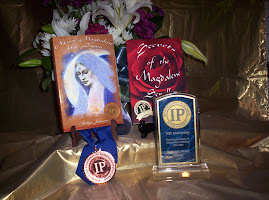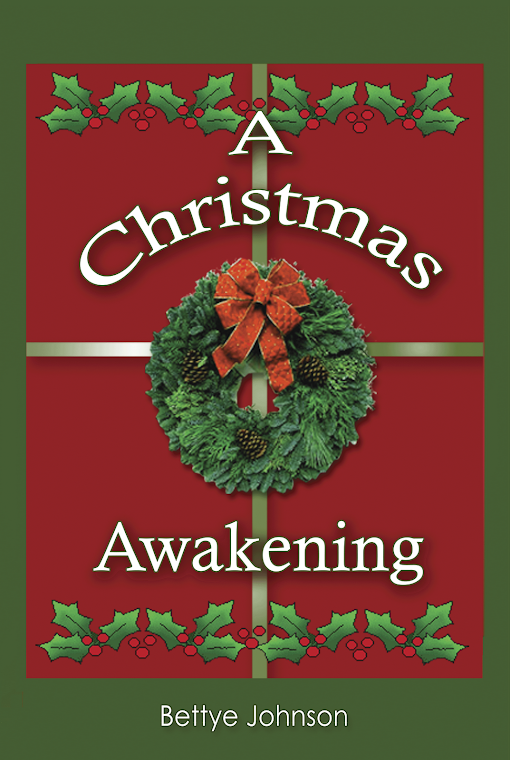WHAT IS GLAMOUR?
By Bettye Johnson ©
Glamour. The word is intriguing and brings to mind images of something exotic, alluring and deliciously fashionable. In today's usage it pertains to someone who is alluring or beautiful. There is even a magazine with the name Glamor. Today's marketing directed to women and young girls is all about becoming glamorous and alluring to attract the opposite sex. Another word that would apply is bewitching. However, the origin of the word glamour or glamor has a deeper meaning.
In Scotland the word glamour is the Scots form of the word grammar. One might ask how could this be? In other words, what does glamour have to do with grammar? It is a little bit like unraveling a ball of yarn.
In medieval times, grammar was used as a synonym for Latin. Hence, it meant the study of Latin. This evolved into our present day grammar school and also referring to the proper usage of language. This evolution is interesting because it evolved from glamour to mean, all learning as recorded in Latin and the occult sciences as associated with this learning. Therefore, the meaning became associated with learning Latin. From that it has shifted into present day usage.
In medieval times Latin was learned by only a few because the Church rituals were spoken in Latin and this meant the lay people could not understand what was said. This enabled the Church to retain power over the people. Therefore it was assumed that if one could not read Latin, then one did not have access to the same power the priests supposedly had. Thus, the old Middle English word gramarye had two meanings: the rules of sentence formation and occult knowledge of magic or necromancy.”
Originally the Scottish meaning of glamour was a special type of spell that causes its victims to misperceive reality and it can also be said to be magic, a spell or a charm. Cassandra Eason in her book Faeries and Magical Beings writes that glamour is the power of enchantment. It is the power of illusion and also to shape shift. I've heard women say, I've got to put my face on, meaning to put on make-up. My dictionary also includes in the definitions, putting on a false face. Isn't that the same as creating an illusion? Shakespeare wrote, all the world is a stage and we are the players on it. We are each an illusionist in that we put one face on for the outer world and another for our inner world.
From my research, glamour is more than magic or illusion or grammar. In reading The Life and Teachings of the Masters of the Far East, I would say that the Masters use glamour. Bi-location, the art of becoming invisible and teleporting are forms of glamour. It is all very intriguing and it raises the question, do we really know the meanings of our words that we speak?
Thursday, September 29, 2005
Subscribe to:
Post Comments (Atom)















No comments:
Post a Comment